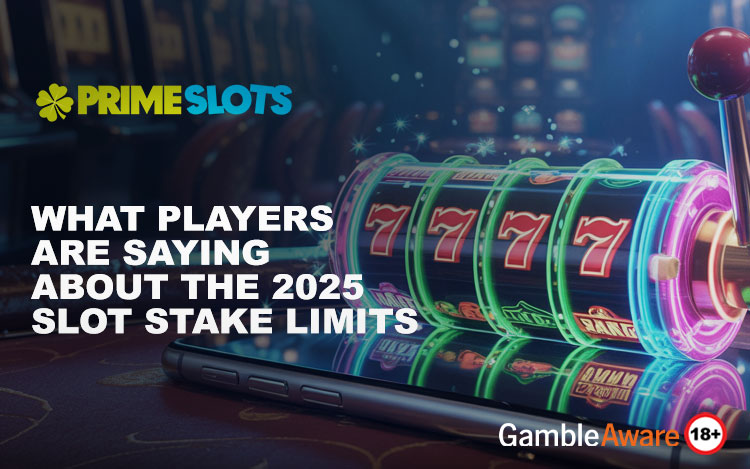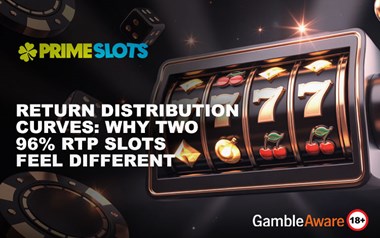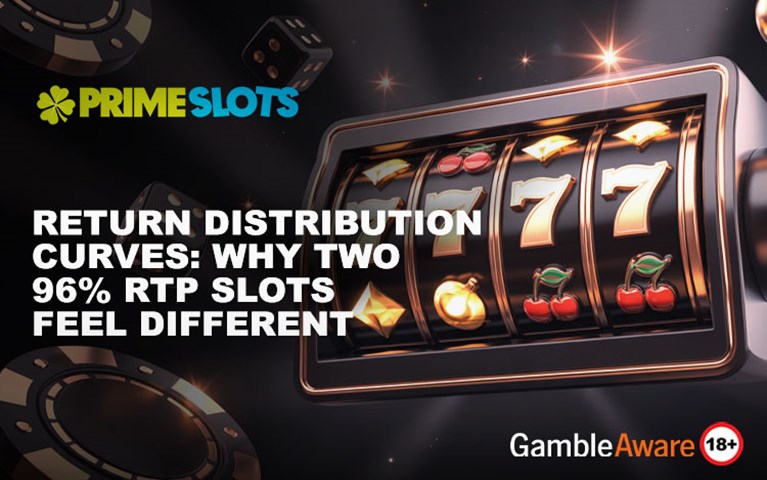When the UK government announced the introduction of new slot stake limits in 2025, there was an emotional response from players.
You can learn more about the caps in our article ‘The Real Impact of 2025 Stake Limits by Age on Winnings and Session Duration’, but for now the bullet points are that players aged 18-24 are now capped at £2 per spin and those aged 25+ at £5 per spin.
Some players were understanding of the new rules, believing more should be done to promote responsible gambling in the UK market. And there’s plenty who stake less than the maximum amounts anyway, so they can carry on as normal.
But many others were, shall we say, frustrated that their freedom of choice and liberty has been taken away from them.
Here’s a look at some of the main player reactions to stake limits in the UK market, as well as a consideration of some of the alternative measures that rule-makers could adopt instead.
Freedom of Choice
Having trawled many different forums and online meeting places, as well as a comprehensive journey through social media responses, it would be fair to say that you are not alone in how you feel… whatever that might be.
As mentioned, a section of the slot community has been respectful of the law change… and has even suggested that the stake limits are fair compared to other comparable countries; for example, in Germany, players of all ages are limited to €1 per spin, which works out at around 87p.
But others are understandably frustrated. Online slot gaming is a hobby for many; a way to kick back and relax after a hard day at work, or to pass the time in-between meetings, picking the kids up from school etc.
When governments take personal liberty away from people, it can feel like an infringement on freedom of choice and expression.
The Good, The Bad and the Ugly
One of the most interesting themes in the UK slot limit feedback has been that while ministers have adopted rules on how much a player can wager per spin, they haven’t introduced limits on how long players can play for.
So it may be that an individual has set themselves a session limit of £50. If they are only allowed to wager £2 per spin, it means they will play for longer – and more spins – before they are ready to log out.
Given that longer playing sessions have been linked to problem gambling behaviours, surely this is a misstep… as many players and campaigners have been quick to point out when responding to the Department for Media, Culture & Sport’s X post on the subject.
One X user pointed out that even with the stake limits, an 18-year-old could still gamble around £2,880 per hour (assuming one spin per 2.5 seconds). A 25-year-old could stake £7,200 per hour… suggesting that stake limits simply aren’t the answer.
Other players point out that while stake limits are in effect for slots, there are no such caps on other harmful forms of gambling – such as lottery tickets, scratchcards, prize draws and co.
Perhaps the most worrying trend amongst some players was that they had stated an interest in ‘black market’ and unlicensed casinos and betting sites, where no such limits are in place.
However, these sites are unregulated and don’t have to abide by any rules on player safety. So, by joining and making a deposit, players are exposing themselves to the potential of hacking, financial loss and identity fraud.
Some illegal sites market themselves as being ‘not on GAMSTOP’, which means that players who have previously excluded themselves from online casinos now have an avenue to start gambling again – which could be catastrophic for them.
As some have suggested, you don’t solve one problem by creating another, even more sizable problem.
Hope for the Future
Let’s face it: it’s highly doubtful that the government will U-turn on their policy, so slot stake limits are here to stay.
But the silver lining from a potentially dark situation is that if/when the black market sector continues to grow – some sources claim that unlicensed sites take more than £4 billion in bets each year already, regulators will realise the importance of a) player freedoms, and b) licensed, regulated operators.
Another element of the community response to gambling laws is that mandatory deposit limits – rather than the voluntary setting of a personal cap – would be more effective in counteracting problem behaviours than stake limits.
This would put a weekly cap on how much a player can deposit, with casinos and betting sites working together to link accounts of the individual to ensure that they aren’t simply flitting from one site to another and circumnavigating the rules.
For many reasons, as pointed out by the slot community, mandatory deposit limits would be more effective than stake limits… maybe that’s something the UK government and its regulator may consider in the future.












